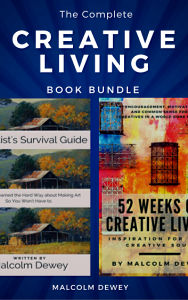|
When you decide to call yourself an artist things begin to change. A shift begins from the idea of being an artist to actually living the life of an artist. You start to question what you do and what you think you should do. If you are not careful you will find yourself questioning everything. This can unsettle you, but it is also necessary. Here are a few examples:
There are the mental questions: 1) Are you good enough? Does your work justify calling yourself an artist or are you a pretender? This one causes damage, but you will have to confront it and banish it. Expect it to crop up again. 2) What is good enough anyway? Who gets to decide? Is it you, your friends, strangers? You will confront issues like the depth of your talent. Is it all innate or can can you get better? How to measure talent? Is it through critical acclaim or prizes or art sales? 3) Is your education sound? Do you need a degree or can you be self taught? Sometimes the absence of formal education can undermine an artist’s self esteem. You will need to put this aside to overcome self doubt. The answer? What you learn through experience is the most important. 4) Do you make art your career or moonlight on the side? Do you transition from formal job to full time artist? These strategic decisions are critical. It starts with deciding what you want from your life. The answer should follow, but it could take years to unravel. 5) What is your vision? Your lifestyle, your work and your rewards all stem from your vision. Take time to work this out and write it down. Make it your own. There are Practical questions: 1) What genre should you focus on? This can have financial implications for artists going professional. At the same time you have to be honest with your creative spirit. The idea of compromise is unattractive to artists, but often it is a means to an end. 2) What medium to use? Materials to source and quality impacts the bottom line. What are you comfortable with and where do you need to challenge your comfort zone. 3) Finances. What is your budget for materials and running a studio? Can you put a price on wastage and figure out what is costing you money? If you cannot measure it you cannot fix it. 4) Time management. Do you spend enough time doing what is important. Nothing is more important than time actually creating. Without this there will not be mastery of your art. Your art will improve with committed and focused work. 5) Marketing. Learn this through trial and error. Where and who is your market? If you do not have a real plan then you will waste more time and money than necessary. 6) How much to spend on marketing? Less than you may think, but test returns on time and money. 7) Galleries or self marketing? Most artists will have to make their own waves. Best to learn this this from the get go and keep your freedom. But do not burn bridges either. 8) Do you know yourself? For example how much do you need to live on? This comes down to knowing what you need. Plus what is going out your wallet and what comes in. 9) Income. Can some of it be passive income? What intellectual property can work for you when you are sleeping? Multiple streams of income is the new model to consider. 10) Teaching? Pass on your knowledge generously and it will pay you back in the long run. 11) Do you need help? Seek a mentor. Take courses and read books. Never stop learning, because you do not know it all. 12) Stay relevant by making yourself relevant. Harsh but true. You decide. That is the good part. There are many other questions. If you are asking questions then you are also finding answers. This makes life fulfilling and you are not a passenger. In the end I know that I will never know everything. I hope I leave this world still curious and hungry for more to discover. |
AuthorMalcolm Dewey: Artist. Country: South Africa Archives
June 2024
Categories
All
FREE
|
|

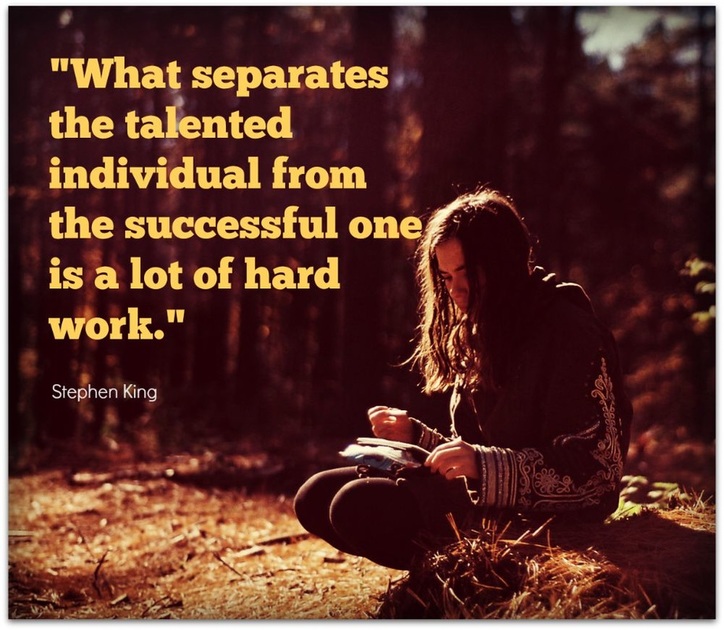
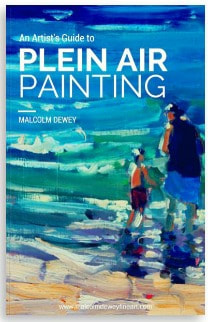
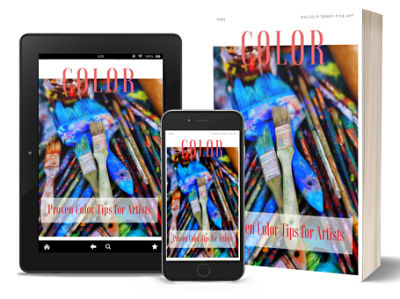
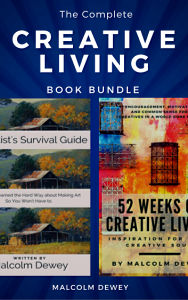
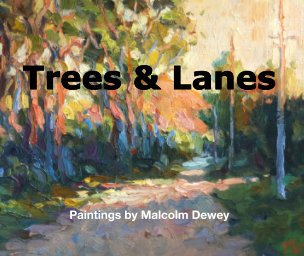


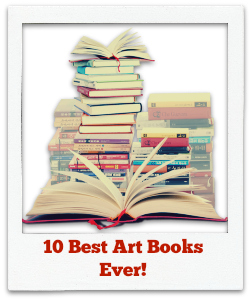

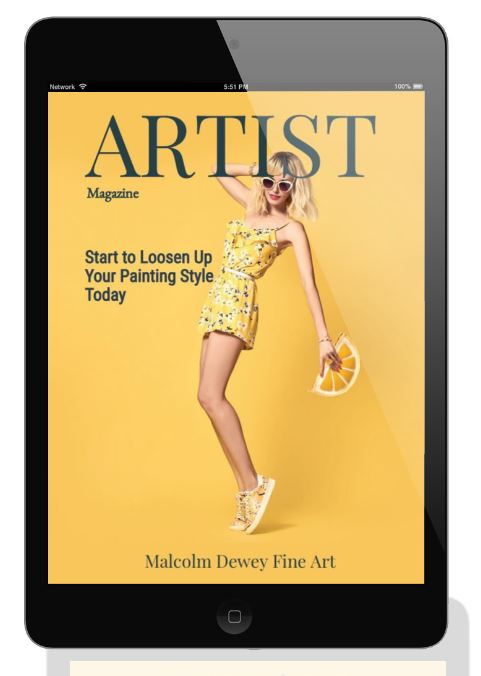
 RSS Feed
RSS Feed

